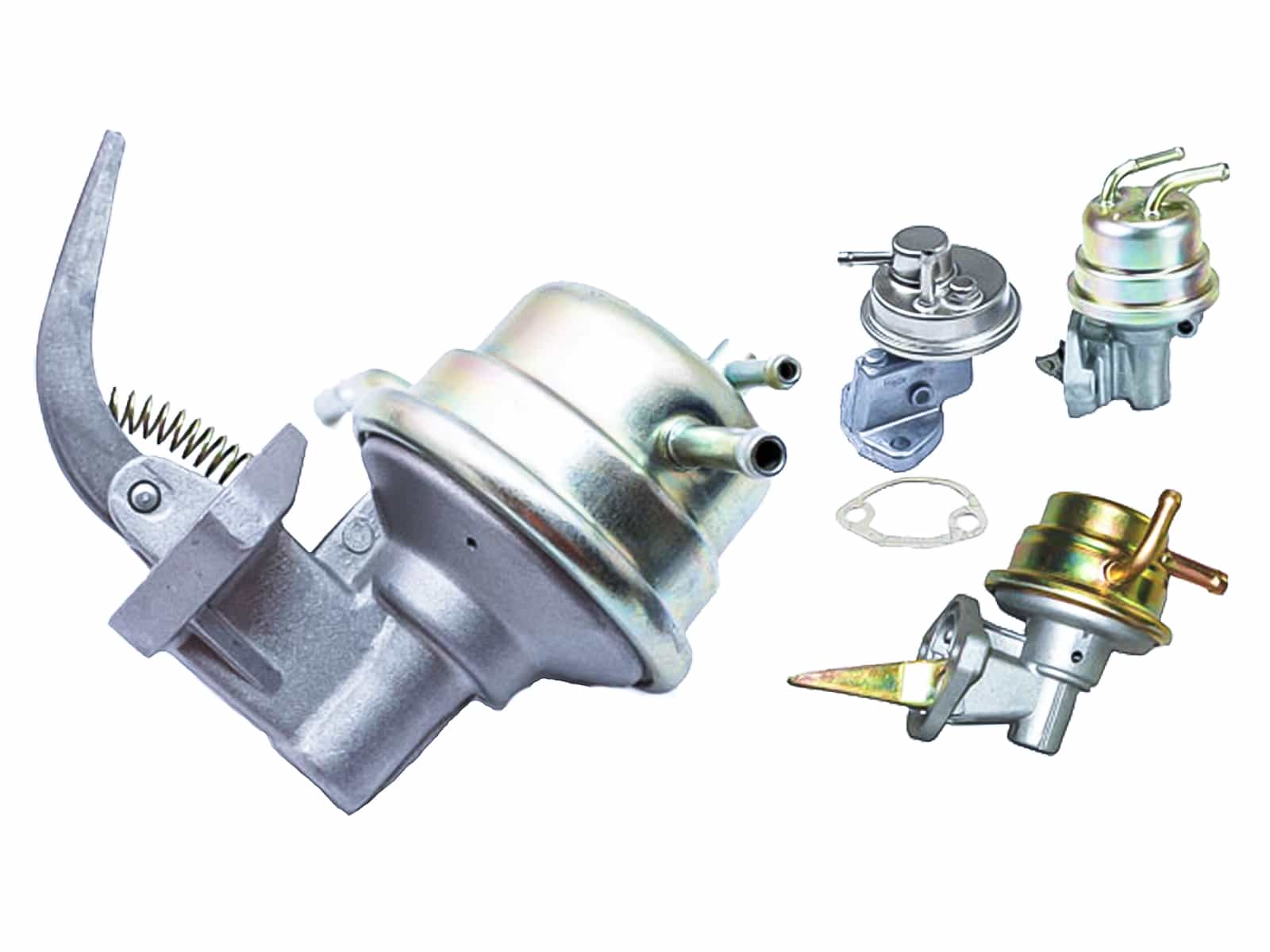In the world of automotive engineering, the mechanical fuel pump plays a crucial role in delivering fuel from the tank to the engine. However, many car owners and even some mechanics overlook a vital component of this system - the fuel pump filter. In this blog post, we will explore the significance of filters in mechanical fuel pumps and why they are essential for maintaining optimal performance and longevity.
- Understanding the Function of a Mechanical Fuel Pump:
Before delving into the importance of filters, let's briefly discuss the function of a mechanical fuel pump. This type of fuel pump is typically driven by the engine's camshaft or a dedicated eccentric on the crankshaft. Its primary purpose is to draw fuel from the tank and deliver it to the carburetor or fuel injection system at the correct pressure and flow rate. - The Role of Filters in Mechanical Fuel Pumps:
A mechanical fuel pump filter acts as a safeguard, preventing contaminants from entering the fuel system and potentially causing damage. These contaminants can include dirt, rust particles, debris, and even tiny metal fragments that may be present in the fuel tank or fuel lines. Without a filter, these impurities can clog the fuel injectors, disrupt fuel flow, and lead to engine performance issues. - Ensuring Optimal Performance:
By incorporating a filter into the mechanical fuel pump system, manufacturers aim to ensure optimal performance of the engine. The filter traps and removes harmful particles, preventing them from reaching critical components such as the carburetor or fuel injectors. This, in turn, helps maintain consistent fuel flow, combustion efficiency, and overall engine performance. - Extending the Lifespan of the Fuel Pump:
Another significant benefit of a fuel pump filter is its ability to extend the lifespan of the mechanical fuel pump itself. By preventing contaminants from entering the pump, the filter reduces wear and tear on its internal components. This can help prevent premature failure and costly repairs, ultimately saving car owners both time and money. - Regular Maintenance and Replacement:
To ensure the filter continues to perform effectively, regular maintenance and replacement are crucial. Over time, the filter can become clogged with accumulated debris, reducing its efficiency. It is recommended to follow the manufacturer's guidelines regarding filter replacement intervals and to inspect the filter during routine maintenance to ensure it is clean and functioning correctly.
Conclusion:
In conclusion, the presence of a filter in a mechanical fuel pump is of utmost importance. It serves as a critical line of defense against contaminants, ensuring optimal engine performance and extending the lifespan of the fuel pump. Regular maintenance and replacement of the filter are essential to maintain its effectiveness. By understanding the significance of filters in mechanical fuel pumps, car owners and mechanics can take proactive measures to keep their vehicles running smoothly and efficiently.
